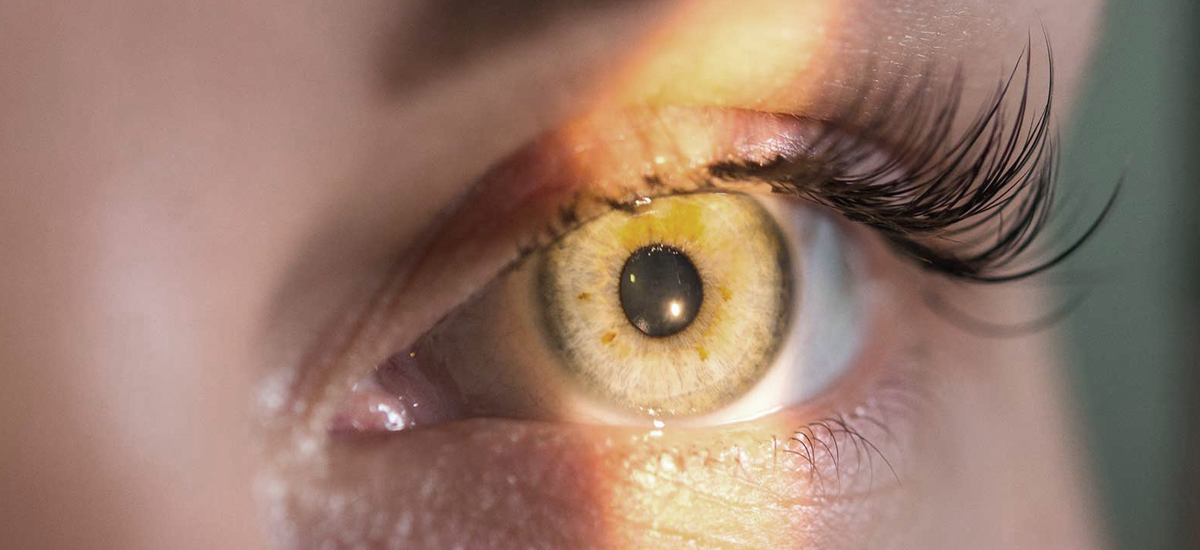Do You Know When to Get Glasses for Farsightedness?

Have you been diagnosed with farsightedness (or hyperopia)? If so, you might want to know when to get glasses and how often you’ll need to wear them. Maybe you’re wondering if corrective eyewear will even help you.
Before you can understand when to get glasses for farsightedness, let’s talk about farsightedness and the symptoms you need to look out for.
What is farsightedness?
Farsightedness means that you have difficulty seeing and focusing on objects close to you. You may see things better at a distance, and your eyes can have a difficult time adjusting to light, making it challenging to see anything nearby.
Farsightedness happens when your eye isn’t long enough or if your cornea lacks the proper curvature. All of this causes the light entering your eyes to not move into proper focus. Due to your eye being too short or weak, visuals will move to the back of your retina, instead of on top of your retina, where they should be.
What are the main symptoms of farsightedness?
- Objects at close range may look blurry.
- You may squint to clear up images.
- You may experience eye strain or headaches.
- Your eyes may feel tired when staring at something up close for extended periods.
When should you get glasses for farsightedness?
Finding out when to get glasses for farsightedness usually happens at the eye doctor, but you can recognize the early signs of needing vision correction at home. If you’re experiencing any farsighted symptoms, such as frequent squinting when viewing nearby objects, it is time to see an optometrist.
Most likely, the eye doctor will prescribe corrective eyewear for your hyperopia treatment. The goal with glasses for farsightedness is to alter the way your eyes refract light. And if you are experiencing these symptoms while wearing glasses, you may need a new prescription.
In some cases, you may not need glasses, or you may only have to wear them for close-up activities, such as reading. Other times, glasses will be prescribed for you to wear all day long. Your doctor will tell you how often to wear the glasses during your eye exam. Be sure to ask any questions you see fit.
Summary: When do you need to get glasses for farsightedness?
Farsightedness is simple to identify and correct. Your eye doctor can recommend the best prescription lenses and explain how often you need to wear glasses.
How do you know when to get glasses for farsightedness? The primary symptoms of needing vision correction for farsightedness is if objects are blurry up close, causing you to squint or strain your eyes.
If these symptoms apply to you, even if you wear glasses, schedule an eye appointment today. Getting glasses for farsightedness will help you avoid headaches and eye discomfort, and you’ll see better overall.
Shop at For Eyes for your next pair of glasses
Show off your unique style and browse our wide variety of frames from your favorite brands for men, women and kids. Stop by your local For Eyes or order online at your convenience.











